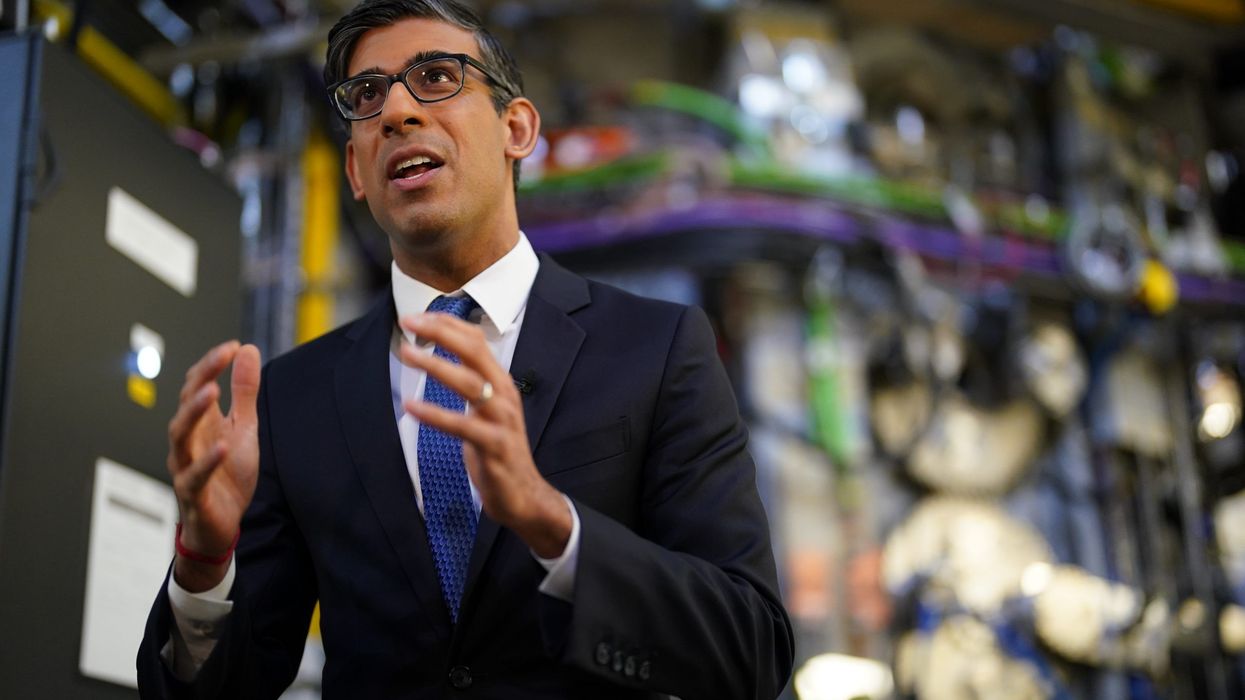Prime minister Rishi Sunak emphasised the significance of the government's net zero targets on Monday (24) expressing his commitment to the cause. However, he also expressed concern about taking actions that could further burden people during a period of high inflation.
In 2019, Britain achieved the distinction of being the first member of the Group of Seven wealthy nations to establish a net zero target.
Despite this achievement, certain members within Sunak's Conservative Party have voiced criticism, citing apprehensions about the perceived high costs associated with the net zero agenda.
Asked if the government was still fully committed to its targets of ending the sale of petrol and diesel cars by 2030 and reaching net zero emissions by 2050, Sunak told reporters, "Of course net zero is important to me ... We're going to keep making progress towards our net zero ambition."
Housing minister Michael Gove warned on Sunday (23) against making tackling climate change "a religious crusade", days after the Conservatives narrowly won a local election by opposing charges for the most polluting vehicles.
Asked on Times Radio if banning the sale of new petrol and diesel cars was an immovable target, Gove said, "Yes."
But on the question of targets to install heat pumps in new homes, Gove said, "That is one area that I do think that we need to review ... it's important that new homes meet net zero standards but one of the challenges that we have is with our existing housing stock."
Expressing that the current period is marked by high inflation, which is directly affecting household expenses, Sunak said, "We're living through a time at the moment where inflation is high that's having an impact on household and families’ bills. And I don't want to do anything to add to that.
"So yes, we're going to make progress towards net zero but we're going to do that in a proportionate and pragmatic way that doesn't unnecessarily give people more hassle and more cost in their life."
(Reuters)




